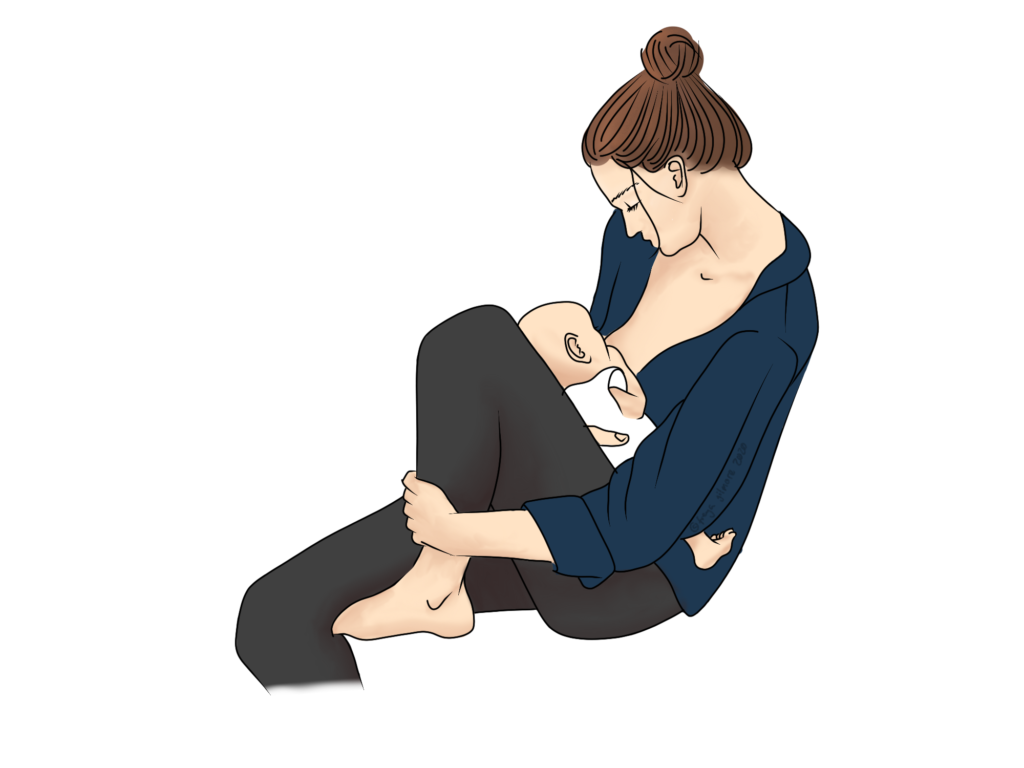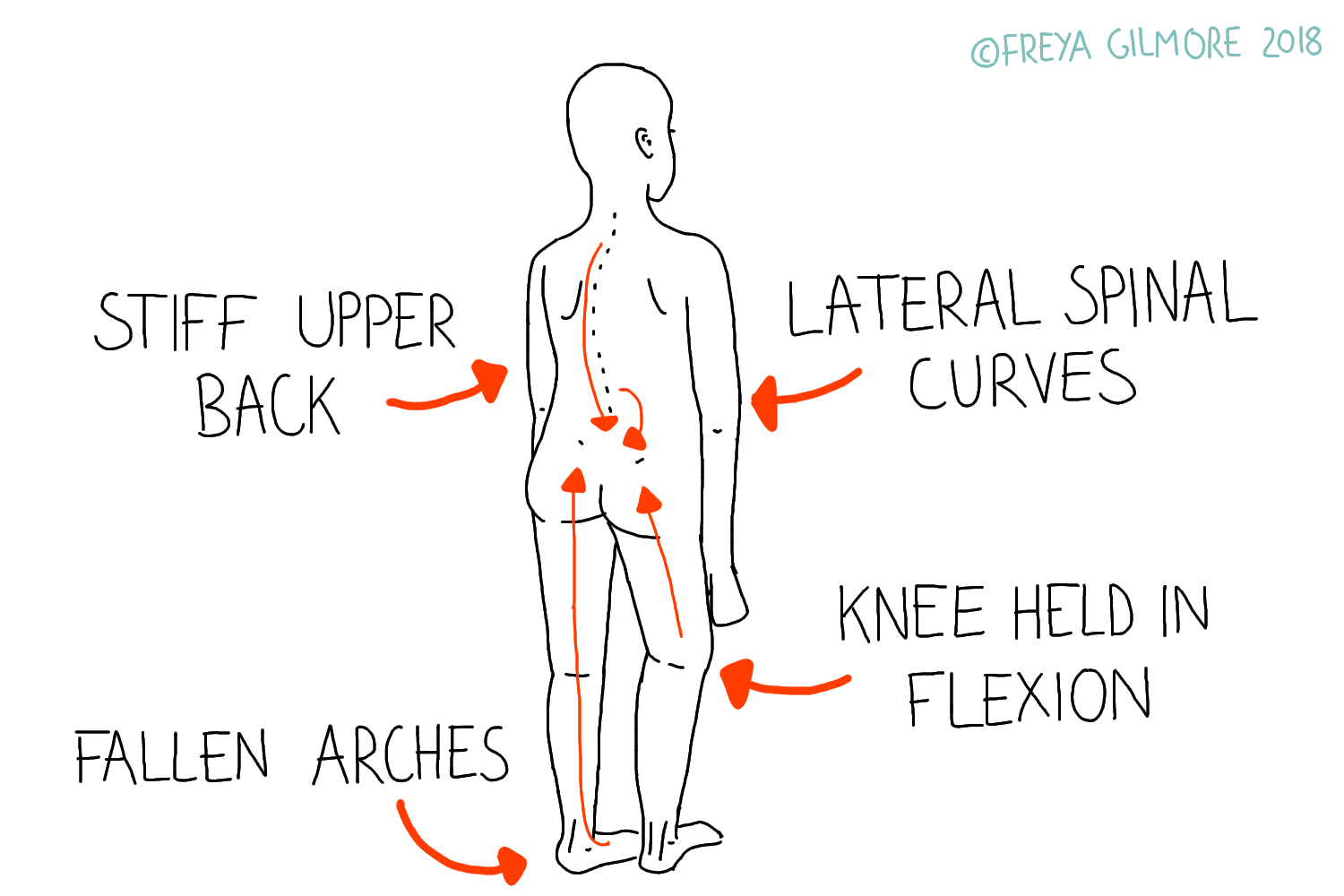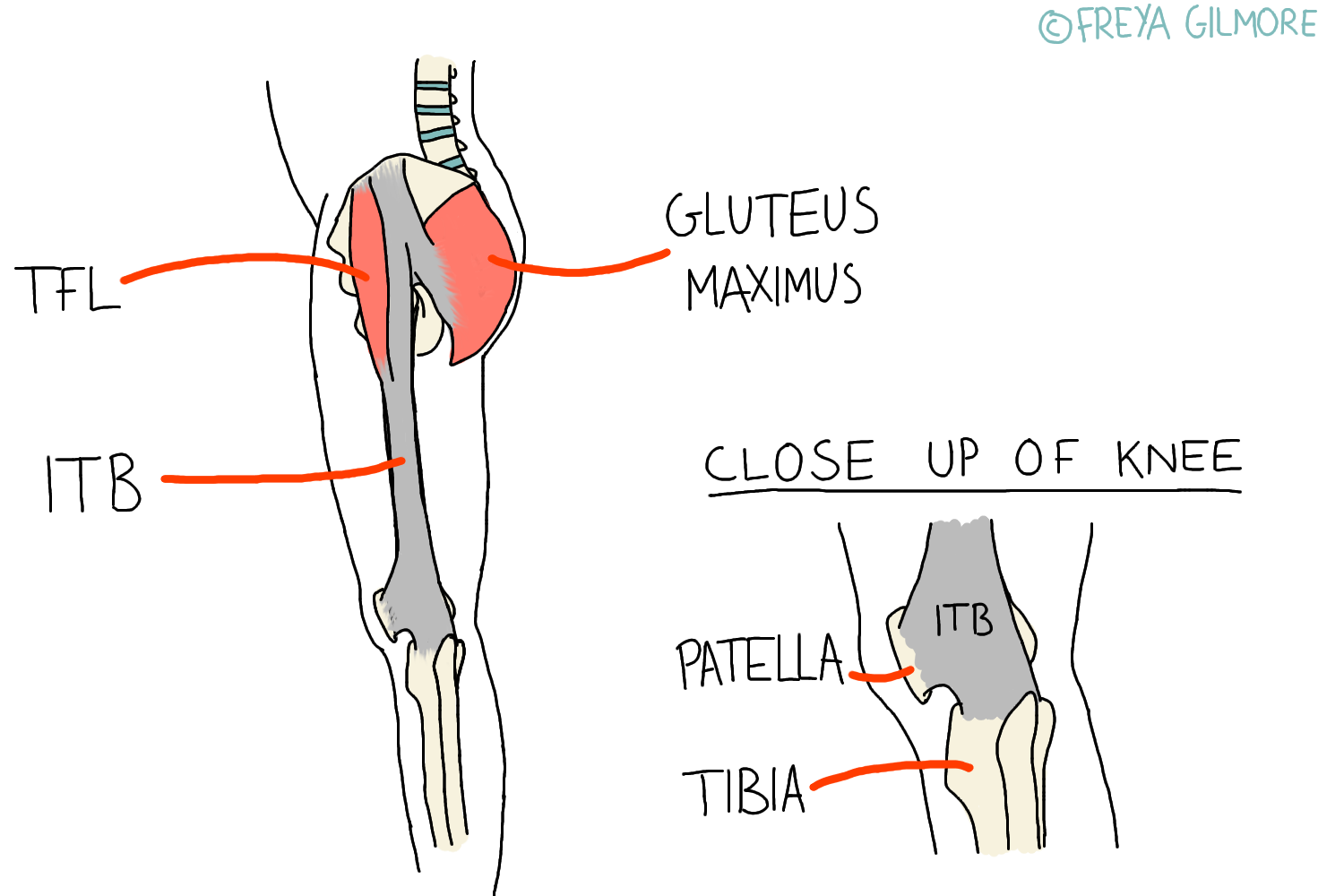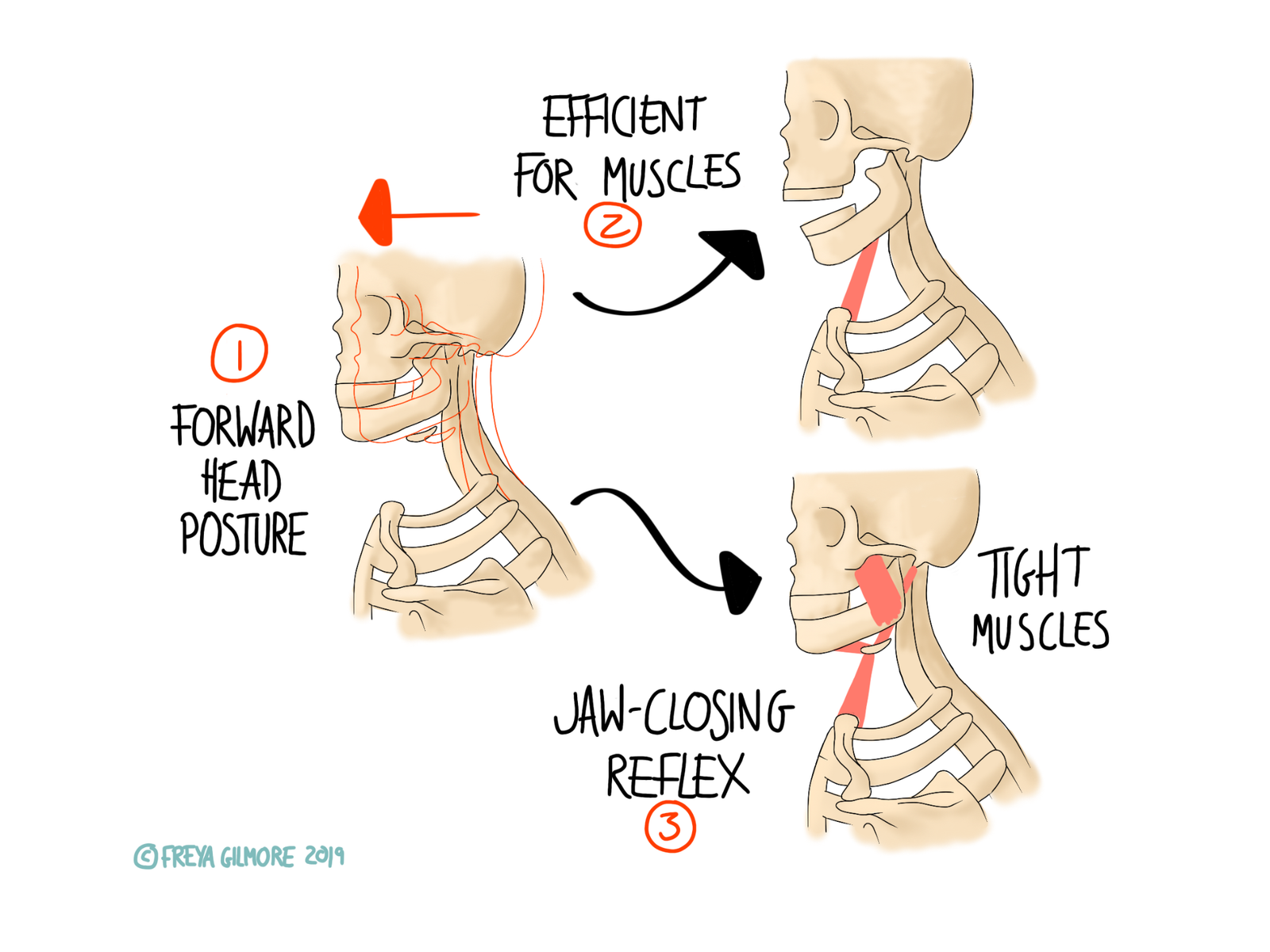Osteopaths understand that everything in the body is connected. This even goes beyond muscles, joints,…

New Parents’ Aches and Pains
Nothing shocks the system quite like a newborn. From a physical perspective, even without considering recovery from birth itself, both parents suddenly have a lot to contend with.
Postpartum Recovery
Generally, earlier intervention gives better outcomes, but it’s never too late to work on problems that arose in pregnancy or birth. Even if your youngest is no longer a baby (maybe they even have babies themselves), there’s usually something we can do to improve your symptoms.
Diastasis recti is often missed, and sometimes disregarded by the patient as something you just have to live with after having kids. This is when the abdominal muscles stay separated after birth. We wouldn’t diagnose this in the first six weeks, as almost all mums will have some degree of separation, which needs time to heal. Exercises can help to bring the muscles back together, although some cases do need surgery to get the desired results.
Another thing to contend with postpartum is the sudden change in the centre of gravity. Instantly losing a few kilos from the front of your body means that you have to take on a different posture to stay balanced. If you’re able to adapt, then this won’t be a problem. But if there are already a lot of demands on the body, it might struggle to find the balance it needs. This might manifest as tension and aches in the legs and torso.
Stress in the Fourth Trimester
The adjustments to a new baby can be stress-inducing on their own, but the challenge is multiplied if your baby is harder to settle. Colicky babies cry for at least 3 hours a day, for 3 days a week, for 4 consecutive weeks. No diagnosis can explain the crying (colic is not a diagnosis). Cuddling, rocking, and bathing your baby are recommended strategies to help, and the NHS guidance also iterates the importance of stepping away for a minute if you need to. Babies’ cries are meant to stress you out and make you react. That’s great from an evolutionary perspective, but can cause parents tension throughout the upper back area. If your shoulders are up around your ears, or you’re suffering from headaches, get in touch and see how we can help.
New Parents’ Other Adaptions
Throughout the early days and beyond, there will be times when you have to put your body through less-than-ideal movements. They can be uncomfortable, and include positions like:
- Bedsharing and holding a “cuddle curl” position all night
- Holding your child on one hip frequently, or for long periods
- Carrying a heavy and bulky infant car seat
Awkward feeding positions can cause aches and pains too. Try to make sure that your elbow is supported if it’s taking your baby’s weight. If possible, aim for symmetry through your back and lower body too. It won’t always be realistic, but minimising strain is good for your body. And if you’re holding your baby with less tension, they might just relax into the feed too.
Your osteopath may have good alternatives or tips for some of these. If they can’t be altered, like safe bedsharing, we can help to manage your symptoms.
Click here to make an appointment for your aches and pains in Camberley




